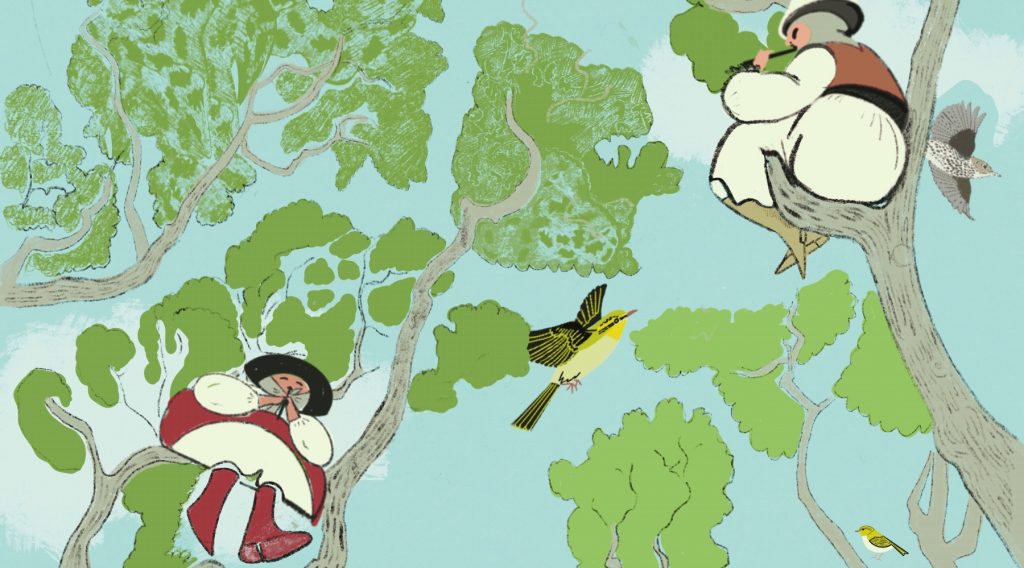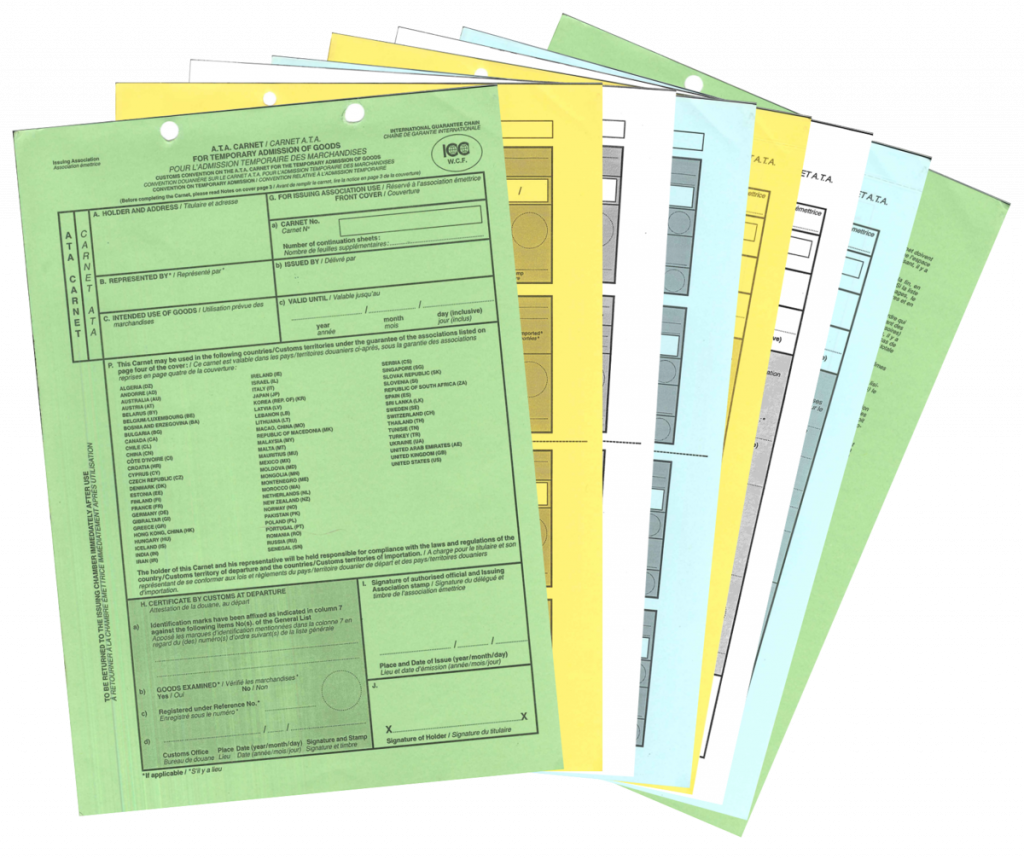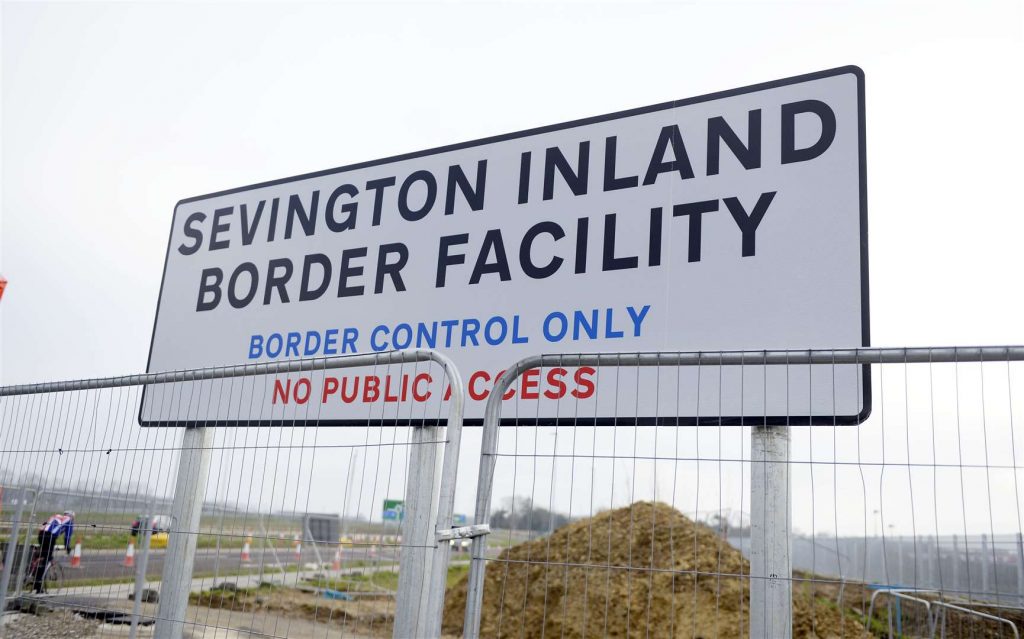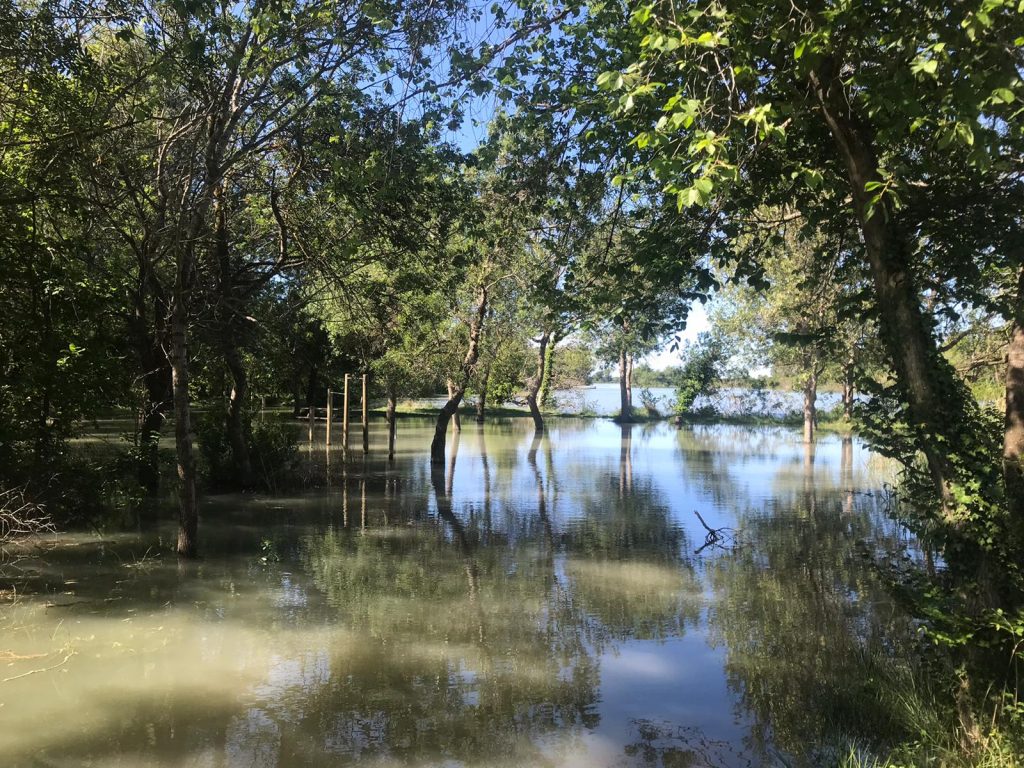In June 2019 Red Herring Productions received a commission from Green Carpet – a relatively new consortium of four arts organisations from France, Belgium and the UK. We were commissioned to create a show that would be developed through a series of residencies in each place, returning 3 months later to perform in each place when all the ideas and testing had consolidated into a beautifully designed experience. The project is called The Whistlers.

My confederate Kim Tilbrook and I were delighted and a little astonished to have been selected. We had a breadth and depth of experience that fitted the bill but this was to be our first co-created project and we were perhaps a little bashful. Plus we had really expected to be pipped to the post by a French company, as generally, they are ‘the business’ when it comes to outdoor arts. So, as I say: delighted. 2020 was set to be a jam packed and fun filled year. We made site visits and began to prepare. We recruited Alison Houiellebecq as a sound designer, composer and performer. We made costumes. We did some rehearsing. And we wondered what impact the novel coronavirus recently identified in Wuhan would have on our plans…
Over a year later, we emerged a pioneering and somewhat Brexit battle scarred band of brothers (and mainly sisters) who had experienced a Kafka-styled trauma from the hands of HMRC and other kernels of bureaucracy; we’d stretched our contingency before we’d even hit the road, through the purchase of various documents and tests; and our plans for a leisurely creation period across 3 months in 3 European countries had been reduced to 4 days of work in the South of France, during which we had to respond to an almost environmental disaster. If you planning a similar adventure, if you would like to feel reassured in your thinking that Brexit was a mistake, or if you simply seek some schadenfreude, then please read on.
So, we’ll back-peddle to January 2021 when Brexit came along and our commissioners insisted that we try to make the project happen this year and we started the arduous job of working out what we had to do, to avoid getting into trouble and excruciating fines.
The first thing that you need to know is that information on the government gateway website is pretty badly written and, in my experience it is not kept up to date. In May 2021 it still suggested that drivers crossing the channel need a Kent Permit, which was disbanded in February. I spent the first few days going hopelessly around in circles. If you’re looking for this, follow this link. Now this one. And this one. And (what fun) you end up back where you started and none the wiser. Reading carefully, the information suggested a difficult scenario: that we would need visas, that we had to apply in person, that the embassies were only open 2 hours a week and could be booked up to 6 months in advance, meaning that we were already most likely out of time to be able to travel France in April. Until we discovered that we were an exception and wouldn’t need visas. Until we discovered that most people are exceptional and that unless you’re working for more than 90 days in a year, you can work in France quite easily.
So – Tip No 1: the chances are that you are exceptional – don’t take the formal advice on face value but look for the alternative options. This goes for foreign government advice too. At the time of writing the Belgian government website also suggests that drivers need a Kent Permit, no doubt borrowed from the UK government website.
Many of my friends and colleagues have had to fill in a Carnet form, to temporarily import and then export their theatre ‘goods’ into places like Switzerland, Norway, Australia or Dubai. But neither Kim nor Fiona (the third of the Red Herring trio), nor I had completed one before. Unfortunately, this is one area where there is no exemption or exception for a small scale theatre company who are not transporting food or exotic animals. Tip No 2: Query Tip No 1. I got confused by the government website (again).
‘If you’re taking a vehicle, get a CPD Carnet, instead (of an ATA Carnet).’ What they mean is, if you’re exporting a vehicle get a CPD Carnet instead but as we were driving I, rather understandably thought that this meant us. So I called the number provided (which I later realised was for a private company prioritised by the Government website). A woman on the phone told me that I needed this document but that this didn’t exist yet and told me to cross my fingers and flash my eyelashes at the border because a French customs officer is within their rights to send us back if they wanted to and they sometimes did, but not often. She asked me to report back to her about how we got on as she needed all the intelligence she could get. She also told me that I needed to apply for an ATA Carnet, which is essentially a passport for all the ‘goods’ inside your vehicle.

On the government website there was a link to an organisation that could issue an ATA Carnet. It turns out that this is the London Chamber of Commerce (other Chambers of Commerce are available but you won’t find them through the government website). This document lists all of your ‘goods’ in the vehicle – every little thing – which in our case comes to 623 items, including visual description, weight and value. And it comes at a cost. Ours cost £500 and approx. 24 lived hours to submit and resubmit it several times because you’ve not worked out the format properly. This thing needs a serial number. This thing doesn’t. The system won’t accept our spreadsheet, so you manually input each item The online system tells you to give the title of the production after each item. The person on the phone who will ‘pass’ the document tells you to omit the title of the production. You add. You subtract. And it needs to be completed asap otherwise it won’t arrive in time and… Oh you can’t come to the office in Hounslow to pick up the document tomorrow as you live in Devon and no we can’t post it, so you need to book an (expensive) courier service. Furrowed brown. Shallow breathing. We are a small theatre company with no reserves and a steadily decreasing pot of monies to make a theatre show.
As I’ve mentioned before, one of the commission partners for our project is an organisation called Le Citron Jaune, based in a small town, close to Marseilles. Le Citron Jaune is a ‘creation centre’ where artists are brought in to create new, mainly outdoor performance, to test ideas out with community groups and to present what they’ve done. The wonderful bunch that run it are quite maverick and the region is recognised as something of a ‘Wild West’. Their message was: ‘If you think negatively it won’t happen but if you think positively we can make it happen.’ They sized up the situation to suggest that, considering testing and quarantine, the risk was slim to us and to the community. They had a low rate of infection. And while performance wasn’t exactly permitted, there would be a way around everything. Furrowed brown. Shallow breathing. Gentle rocking. What about our insurance? And ‘best practice’?

But like the accommodating fellows we are, on 3rd May 2020, we headed into the breach. As an exporter and importer of goods you have to get your ATA Carnet stamped out and into each country. So 4 stamps per return journey. On the UK side this means travelling to an Inland Border Facility of your choice – there are several. Tip No 3 – Expect mistakes. Let me paint the picture. A huge carpark with about 20 large lorries and one short wheel based hire van. 50 people in high vis standing out in the rain. They point. They show you where to go. Which lane, which space, which walkway, which building, which entrance, which booth.
To be clear, when talking to each customs officer I met I explained that this was my first Carnet. I didn’t know what to do and I needed them to instruct me.
HMRC Operative: What did they say in the training? Do they sign the yellow sheet or the white one? Jo? I’m think it’s this one. That one? I better ask my manager. Yes my manager says it’s this one. Sign and date here please and wait in your van for the document to be stamped…
Time passes… Text message: Your document is ready for you to pick up at the Customs office.
HMRC Operative: Thanks for coming back. I’m afraid that the document isn’t ready. You’ve signed the wrong page. Yes I know that’s where I asked you to sign but it’s wrong. I know that there’s only enough pages for each journey. Yes and a spoiled page might require you to get a new Carnet. Can we write a letter stating that you were instructed to sign and date the wrong page? I’ll ask my manager. Please sign and date here and wait in your van for the document to be stamped…
Time passes… Text message: Your document is ready for you to pick up at the Customs office.
HMRC Operative 2: Hello. I can’t give you your document as it’s not been signed off. Yes I know that you were messaged to say that the document is ready. It’s ready but I can’t sign it off…
Time passes…Life passes…
HMRC Operative 2: Thank you for waiting. I understand that you were obliged to wait. Your document is now signed off. Here it is. There’s also a note written by my colleague.
Even so, by the time we arrived back in the UK, we’d clocked up an unhelpful amount of mistakes. 1) I’d not signed the front of the document which meant that nobody should have let leave the UK in the first place, or let us back in. 2) We’d been asked to sign and date a wrong page and as we had the same amount of pages as journeys the whole the document could be considered null and void. (This was mistake was actually realised right after an inexperienced officer asked for a letter that stated that I’d been instructed to sign and date that page, this was impossible to achieve. Furthermore, a French customs officer had dated another page as if it were 2022. I reasoned to the English border force officer that time travel was impossible and unless they could prove I was from the future then I couldn’t see the problem. And hesitantly the document was passed back to me – with undoubted and repeated confusion. Furrowed brows of various customs officers later on in the summer when we cross once more to the continent.
Travelling back in time once more (because we can with words), we wound our way Le Citron Jaune, having quarantined in the Ariège for a week and driven to the Camargue in torrential rain. The following day (Day 1) we found ourselves exploring the Bois François, a municipal woods and heath on the edge of the Rhône River. We absorbed the atmosphere of our site and made quick decisions around how to fit and bend our material to suit it. We plotted contingencies to deal with the wind which can whip off the river, which is a large, fast running body of water at this point, just before it hits the sea. At 6pm, we were due to meet a local ornithologist who would introduce us to some of the local wildlife – the species and individuals with whom the Whistlers would become familiar. However, we noticed that the river had swollen its banks during the day and the path right next to the river was now impassable without wellies. So we had an enjoyable session with him on the other side of the woods.
The next morning (Day 2), we were woken up with news: the Rhône was so high – due to intense recent rain and ice melt from the Alps and the authorities had open a barrage upstream to manage the flow of water. As such, our site was completely submerged. At this point, in terms of disrupting our preparations, we could only laugh: Covid, Brexit, Flooding – what else might stand in the way of this small scale arts project going forward? (We could mention the ticks of the Ariège and the mosquitoes of the Camargue.) We’d got this far, we’d find some way of finishing! So we found a small patch of higher ground and decided to do what we could with this space. While several old gentlemen swore blind that the water level would remain high for weeks, the water did retreat fairly quickly and by our first performance (Day 5) we had extended our play area into a delightful corner of the woodland, which we’d not previously explored. And all was at ease with the world.

Audiences seem to have been at turns bemused and amused, which felt good enough for us and a great place to develop from. Our friends at Le Citron Jaune were pleased and we felt plucky. And that was sufficient to rejuvenate our spirits and drive us back North and into the arms of HMRC once more and eventually home, where we could lick our wounds and prepare for the next trip – to Belgium…
